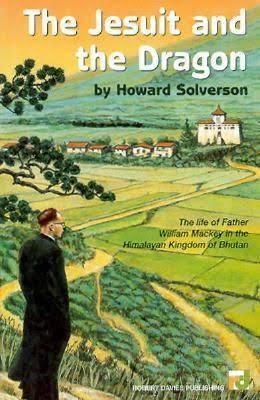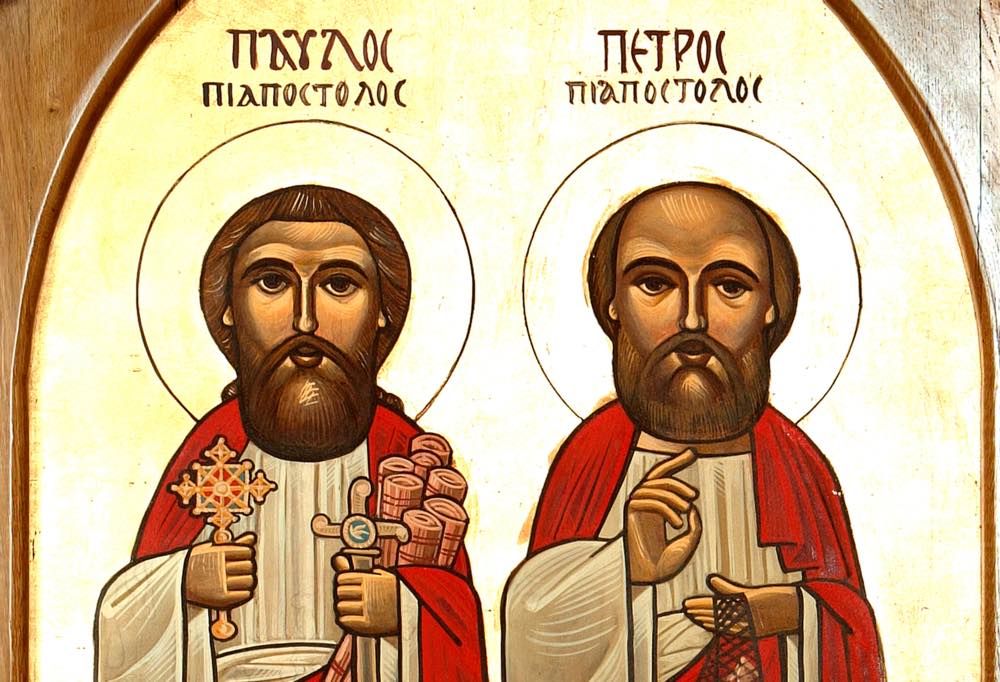– Joaquim Magalhães de Castro
As we have already said, the attempt to convert the Bhutanese was unsuccessful, and Fathers João Cabral and Estevao Cacela must have felt very frustrated, because they had labored a great deal. Only centuries later, in the middle of the last century, would a Jesuit return to assume a prominent role in the Dragon Kingdom.
But that was not the intention when William Mackey left Canada in 1946 for the mission of Darjeeling, the capital of the Himalayan Indian province of Sikkim, where the congregation was in charge, for over a century, of schools, clinics and churches . It was originally under the baton of Belgian priests; then shortly after World War II, governed by Canadian counterparts. Father Mackey would immediately adapt to the new reality. He learned Nepalese while teaching, and would eventually take over the direction of two secondary schools in the region, remaining faithful to several sport activities. He spent seventeen years of hard work, until the Bengali authorities forced him to resign after a fierce campaign of defamation. It was 1963.
Aware of what was happening in the neighboring region, the Bhutanese monarch saw in the Canadian priest an experienced educator capable of modernizing the archaic education system of his country, and soon tried to hire him. Mackey would spend the last 32 years of his life in Bhutan, where he almost alone transformed an old-fashioned state education system (with only a handful of primary schools) into a modern integrated system of primary and secondary schools, technical schools and even a college. There is a book that chronicles the difficulties he experienced, the initiatives he took, and the support he received from successive kings of Bhutan and the royal family. Mackey would even be rewarded with the highest honors, including Bhutanese citizenship. He was one of the few foreigners to receive this distinction. The book is entitled The Jesuit and the Dragon: The Life of Father William Mackey in the Himalayan Kingdom of Bhutan and was written in 1996 by Howard Solverson, also a resident of Bhutan for several years.


 Follow
Follow


